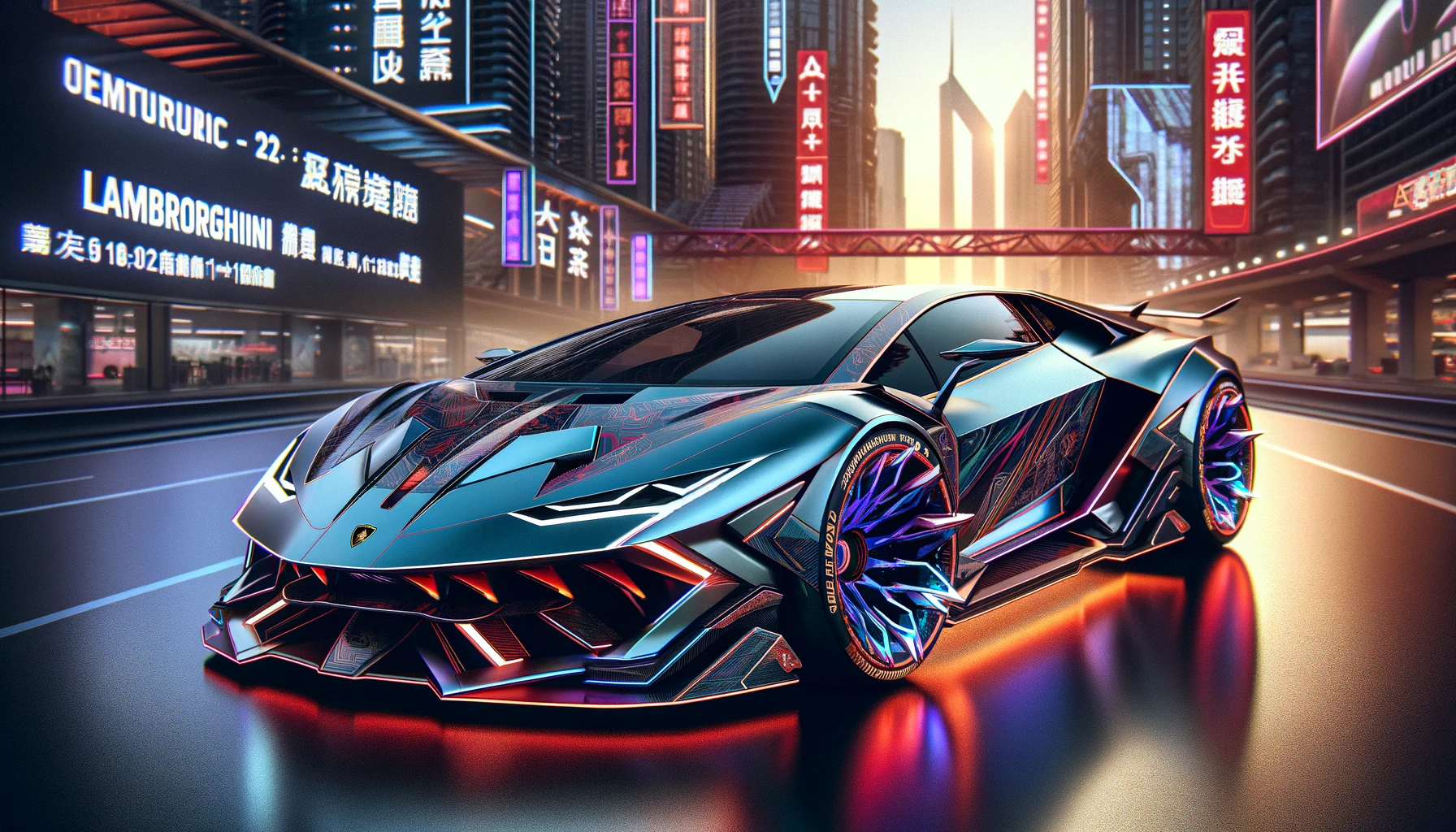Let’s take a look at some interesting news from the automotive industry. This is the expansion of Chinese car manufacturer BYD in the field of electric mobility. It has a soft spot in my heart and is something I’ve been trying to watch for a while now. But let’s get to it.
From Batteries to EVs
BYD, which stands for “Build Your Dreams,” was founded in 1995 as a battery manufacturer and has gradually transformed into one of the leading electric vehicle manufacturers.
The automaker became known for its affordable models that brought variety and choice for Chinese drivers. Growth has also been supported by the investment of Warren Buffett, whose company currently holds about 3% of the shares.
BYD now offers more than 20 electric vehicle models and has ambitious plans to expand into international markets. The company plans to export up to 400,000 vehicles a year, targeting markets in Europe, Australia, and other regions. For the record, BYD has already surpassed Tesla in global sales in 2022.
What do Skoda Auto and other European automakers have to say about this?
Recently, BYD decided to enter the luxury vehicle segment with its new Yangwang brand. For example, they introduced a $150,000 “supercar” that takes inspiration from Lamborghini design, which can be seen as an entry into the upper automotive league.
European market and Hungary
The entry into the European market throws BYD, as well as other automakers, a spanner in the works. The European market is regulated by strict standards and subsidies for electric cars. In addition, new EU legislation wants to limit access to European subsidies for electric vehicles with Chinese-made components.
In response to the European regulations, BYD announced the construction of its first electric vehicle factory in Europe in Szeged, Hungary. The factory, which will be the first of its kind built by a Chinese car company in Europe, is expected to produce 200,000 vehicles a year as part of a gradual increase in production capacity.
The factory will use state-of-the-art technology and highly automated production processes to create a world-leading production base for new energy passenger vehicles. The Hungarian government has provided BYD with financial incentives to build the factory.
BYD’s brand strategy
Key to BYD’s success is their ability to innovate and adapt to changing market conditions. BYD combines technological innovations, such as in-wheel engines and advanced features in the SUV segment, with an emphasis on design and luxury. This strategy allows BYD to reach a wider range of customers and differentiate itself from the competition.
Another factor is their quick response to market demand and ability to launch new models quickly, which is essential in the dynamic environment of electric vehicles. As a result, BYD has been able to adapt quickly and remain competitive.
BYD is trying to compete not only with Tesla but also with other global manufacturers such as Hyundai and Kia. Let’s just hope that Europe does not remain a museum and turns its own ‘electric wheels’.
Update: The market and capitalism is working! Tesla is getting tougher.

